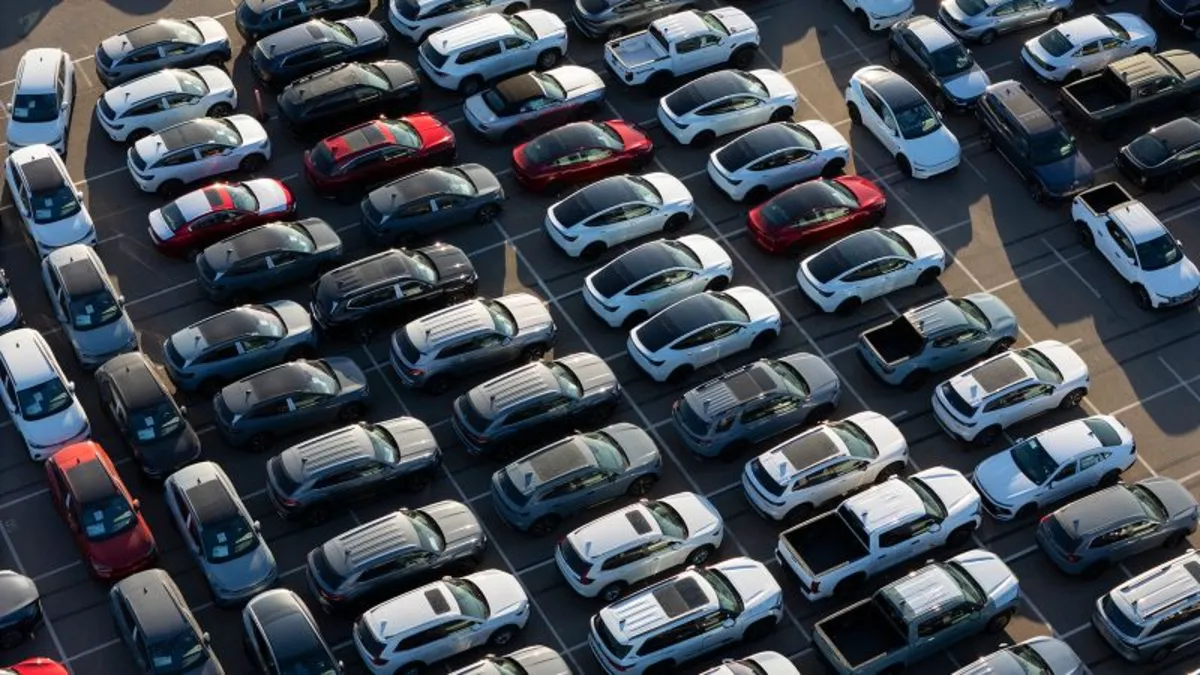
In May, American car buyers saw a minor reduction in the average price paid for new vehicles, despite the implementation of new tariffs on imported cars and car parts. According to data released by Edmunds.com on Thursday, the average price for new cars dipped by 0.2%, settling at $48,334 compared to April. This decline in price comes as a relief to consumers, particularly those concerned that tariffs on imported vehicles might drive prices beyond their reach, especially when car prices are already at near record highs.
Interestingly, while the average price paid by consumers decreased, the average sticker price that automakers requested actually increased by 0.2% last month, reaching $50,527. This discrepancy may indicate a complex market response, where car prices are not solely determined by automakers but are also influenced by negotiations between car dealers and car buyers. The recent tariffs, which began on April 3, have raised concerns among consumers and industry experts alike.
Last month marked the introduction of a 25% tariff on imported cars and parts, a significant policy shift that affects nearly every major automaker selling vehicles in the U.S., with the notable exception of Tesla. In fact, nearly half of all auto sales in the United States last year, approximately 46%, were comprised of imported vehicles. Following the car tariffs, a month later, in May, the same 25% tariffs were applied to imported auto parts. This is particularly concerning since all cars produced at U.S. auto plants contain some level of imported components.
The financial burden of these tariffs is substantial for automakers. For instance, General Motors has projected that the tariffs could lead to losses amounting to $5 billion by the end of the year. It is crucial to note that most of the vehicles sold in May had already arrived at U.S. dealerships prior to the imposition of these tariffs, which may explain the slower reaction in pricing adjustments.
In response to rising costs, automakers have exhibited caution in announcing price increases. Executives from both Ford and General Motors have expressed that they do not anticipate significant price hikes throughout the remainder of the year, likely in an effort to retain customer interest and avoid potential backlash, particularly from the administration of President Donald Trump. This cautious approach reflects a broader sentiment regarding consumer demand and spending behavior in the current automotive market.
As the situation evolves, it remains to be seen how these tariffs will ultimately impact the long-term pricing strategies of automakers and the purchasing decisions of American car buyers.